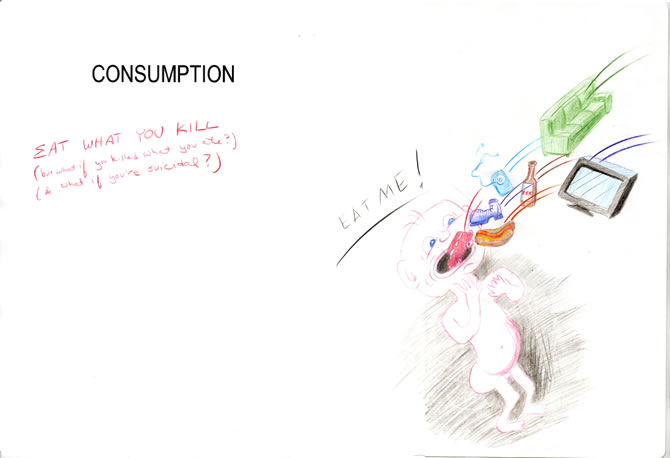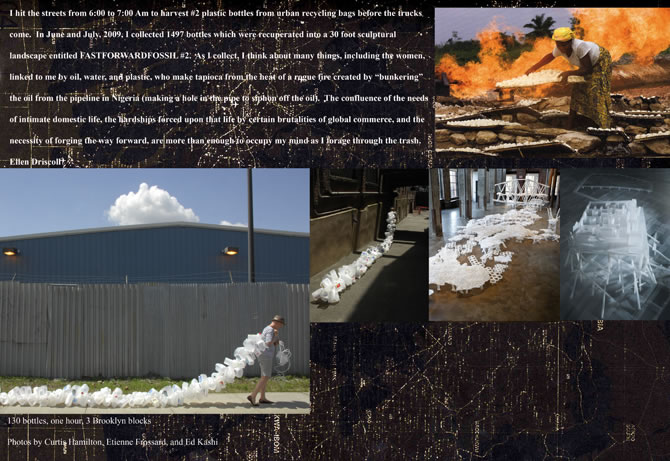Are you a consumer? What have you consumed today? Whether it be the water from your faucet or the energy lighting up your computer screen right now, there is little doubt we all constantly consume a myriad of products — both natural and manufactured — and great amounts of energy. Consumption is very closely tied to our existence and survival as humans. But are you an over-consumer?
A recent Sierra Club report stated that the average American purchases 53 times as many products as someone in China, and one American’s consumption of resources over the course of his or her lifetime equals that of 35 Indians. What materials do you own that are in excess of your basic needs? Consumerism has been discussed, tackled and attacked for many years. The issue, however, remains unresolved. Although conscious purchasing, eating and living practices are advocated and followed by some, overconsumption persists as a major problem in America and many other nations. Consumption is engrained in our current lifestyle. How can we redefine our existence in order to lessen our consumption?
View the Consumption Projects
Consumption Discussion at Launch Dinner Event

Notated Consumption Table placemat
Following the public AIC launch event on the afternoon of Oct. 9, 2009, approximately 64 people reconvened for a dinner/discussion at MIT’s Stata Center dining room, organized by the Platform 2 artists’ collective. Each table focused on one of the eight themes of the Artists’ Prospectus for the Nation, assisted by a commissioned placemat by a New England-based artist (see the “Consumption ” placemat, below, by Providence-based artist Ellen Driscoll). An empty placemat at each table was used by diners to record notes from the discussion. Pictured above is the front of the notated placemat from the Consumption Table.
Consumption Table Digestion Process [aka the discussion summary]
After getting beyond wondering why WE, of all peoples, were assigned to CONSUMPTION, and beating back an irreverent suggestion that “All Art Should Be Made of Chocolate” (and a strident announcement that we had decided to “eat our own words”) we buckled down to wrestle with the basic definition of Consumption. After a good deal of backing and forth-ing we agreed that consumption was a necessary, natural, life-sustaining and not inherently Bad Thing.
The two clearest observations that seemed to emerge were (1) that the danger of consumption was “the removal of the evidence”. There appears to be an increasing disenfranchisement of the (an) individual in the specific act and degree of consumption, through manipulation, ignorance, and deliberate obfuscation. (2) We need a “reanimation of desire;” what we think we desire isn’t necessarily what we desire. We are frequently prevented from having a voice or even being aware that a giving voice is not only appropriate but imperative .
Katy Kline

Launch dinner placemat for Consumption Table by Ellen Driscoll


